
My noteboek
I read and write about sales, marketing, product development. In addition, here I share my experiences about living with Traumatic Brain Injury (TBI) caused by a brain tumor. On this site you will find a small part of my notes but also the tools I use. I wish you much reading pleasure and inspiration!